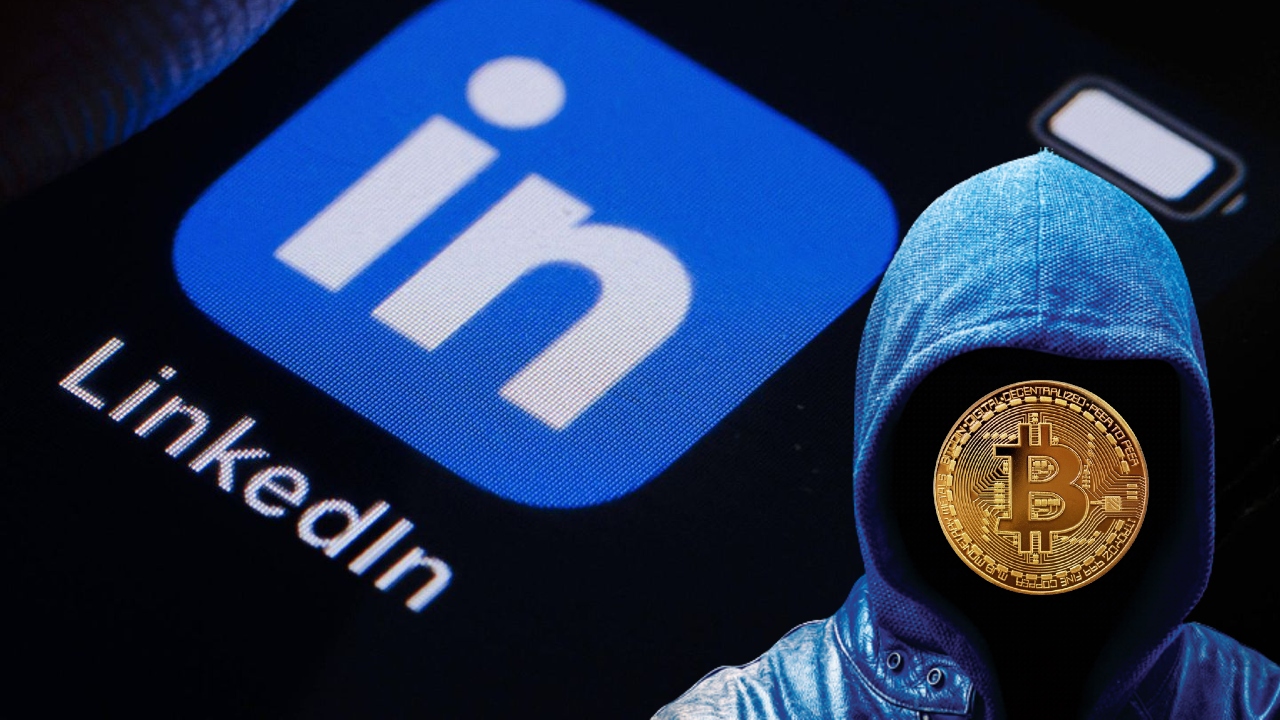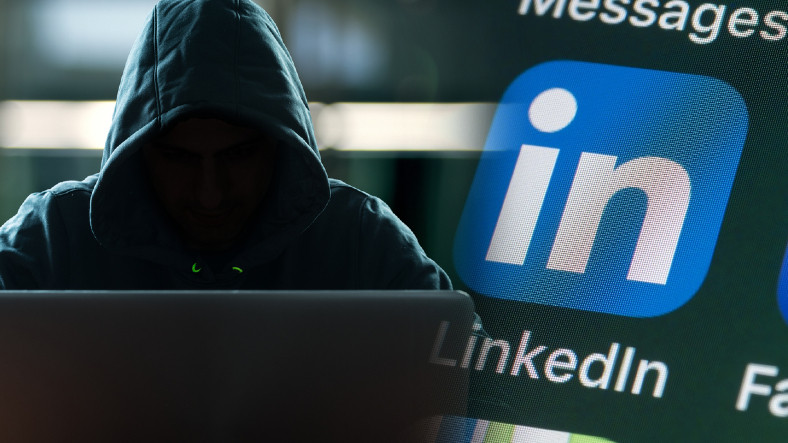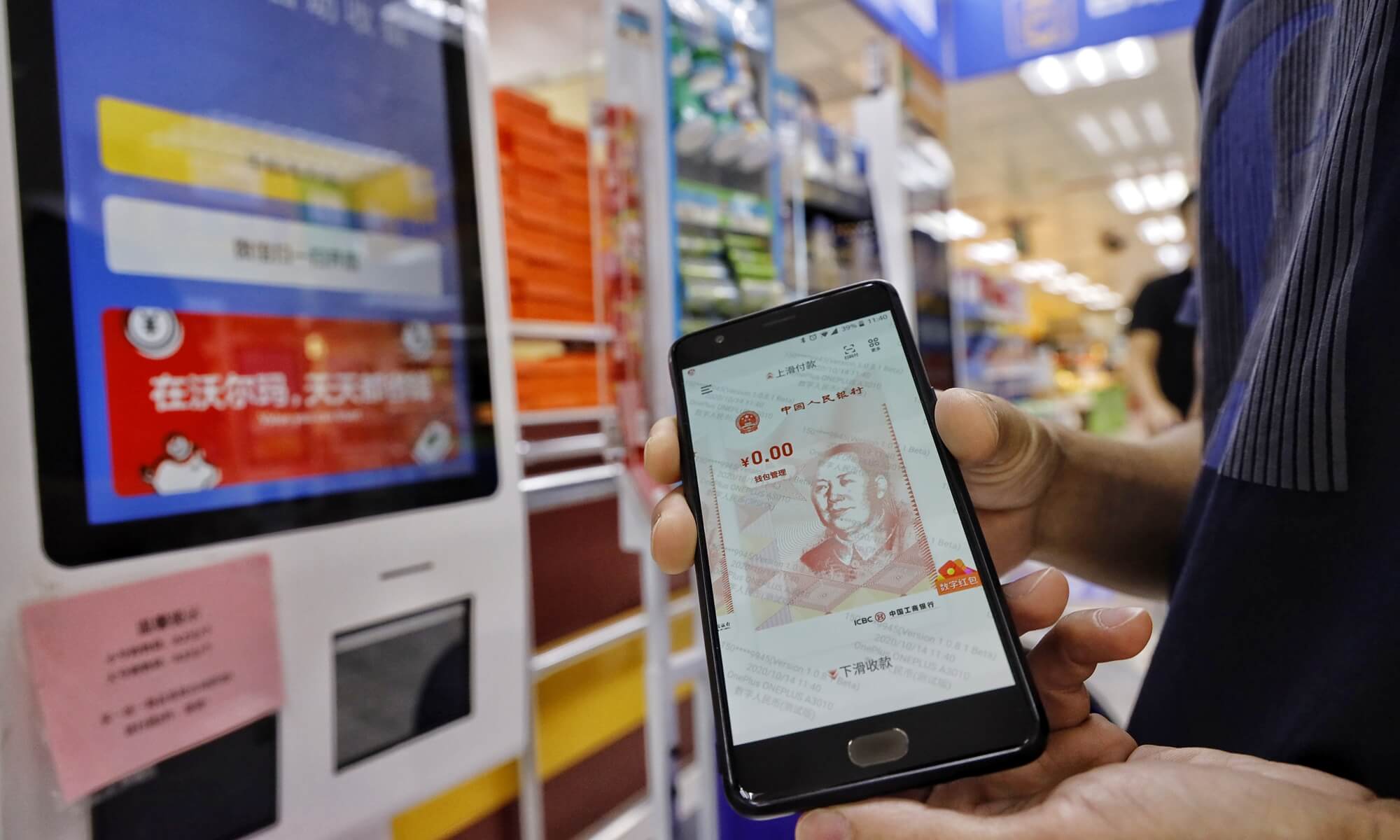cryptocurrencies Although it has seen serious decline in recent times, it is still shown as one of the most important technologies of the future. However, it wouldn’t be wrong to say that fraud cases involving these digital assets are quite high. Experts emphasize in every statement that investors should be careful with crypto fraudsters on the internet.
Now comes the new news from one of the most popular social networks in the world. your LinkedIn It shows that it is being used for cryptocurrency fraud. According to the report shared by CNBC, the US Federal Bureau of Investigation (FBI) is warning users about the popular platform.
There is a significant increase in scams on LinkedIn

According to CNBC, LinkedIn recently acknowledged that scams on the platform are on the rise, encouraging users to invest in cryptocurrencies. In addition, Sean Ragan, who is in charge of FBI offices in the cities of San Francisco and Sacramento, also said that the platform, which is especially popular in the business world, “a big threatand explained that they have seen a significant increase in such scams recently.
According to the explanation, fraudsters reach users by pretending to be a professional person. After that, they are honest with the people they talk to. that you can make money with cryptocurrency investments says and tries to lure them to some sites. Criminals lead users to real cryptocurrency sites first and gain their trust. After a few months, these people tell them to invest in fake sites and steal money from their accounts.
LinkedIn, on the other hand, encouraged users to report suspicious profiles in a statement it shared yesterday. Oscar Rodriguez, one of the company’s officials, also told CNBC that it’s hard to tell what’s fake and what’s not. ‘incredibly difficult’ reported that. In addition, the platform pointed out that you should be careful with people you don’t know who ask you to make money or investments.
Also among the news was that LinkedIn is working with other companies and government agencies such as the FBI on fraudsters. While Rodriguez stated in his statements that 96% of the fake accounts detected had been deleted, a group of victims who spoke to CNBC said the damage they caused was the result of the fraud. $200,000 to $1.6 million He said it had changed between













